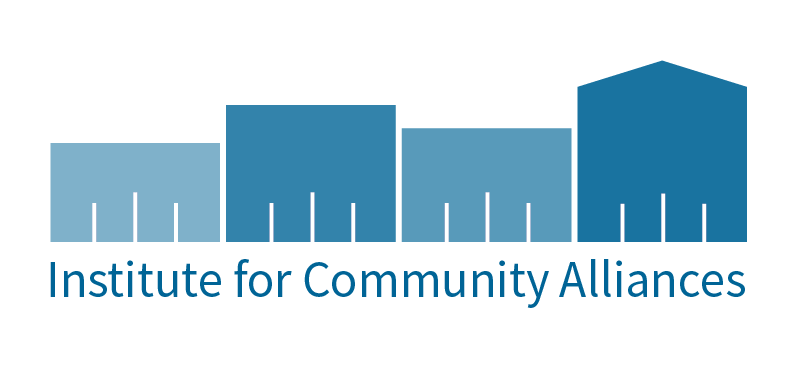Who we are, and what we do.
"[ICA] knows HMIS standards and best practices through and through. They are good at both the technical side and the human side of making data relevant and understandable, they are responsive to the needs of service agencies and planners, and they are easy to work with.”
Institute for Community Alliances (ICA) is a not-for-profit organization based in Des Moines, Iowa. ICA functions as the HMIS Lead Agency and/or HMIS System Administrator in 14 states, providing technical assistance and training support for more than 4,000 database users.
ICA supports data-driven solutions and community information systems that help communities address housing instability, homelessness, food insecurity and related issues.
We work to inform regional and national efforts to end homelessness.
ICA engages in research and produces reports on homelessness and related issues. In cooperation with state and federal agencies, private research firms and others, ICA works to inform regional and national efforts to end homelessness.
We collaborate with nonprofit, public and other partners that share our interest in using data and aligning resources to address housing instability, food insecurity and related social concerns.
Members of the ICA team are problem solvers. Whatever a community’s data-related challenge, we will research the issue and work in partnership to find a solution.
“HMIS helps us understand the complexities of homelessness in America.”
A Homeless Management Information System (HMIS) collects client-level data and provides reporting capabilities on behalf of homeless continua of care (CoC).
HMIS supports the development, implementation, and evaluation of evidence-based practices whose effectiveness can be tracked through objective measures. As such, HMIS is an essential tool that helps demonstrate the scope and dynamics homelessness locally, regionally and nationally.
Ultimately, HMIS positions communities to respond systemically to homelessness and improve stability for families.



